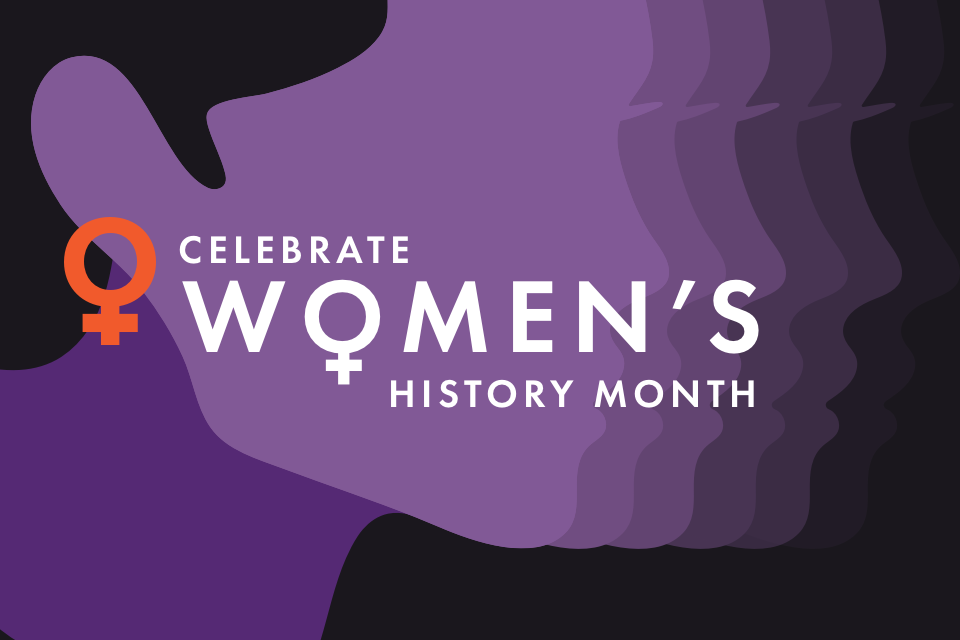As time goes by, our goals, our careers, our family situations, and even our hopes and dreams evolve. Life happens and with life comes changes. This holds true for our bodies as well. The state of our muscle mass, skin health, cell reproduction, bone density, hormones, and even our brain changes as we go through life.
And as our bodies change, they require different nutrients to support these shifts. What was right for your breakfast lunch and dinner in your 20s is different in your 30s and 40s.
A great choice is to work with a dietician to identify your specific nutritional needs but below are some general guidelines and tips to help you fuel your body now, and into the future.
In Your 20s – Develop Good Habits
If you are in your 20s a good start down the healthy nutrition pathway is to begin limiting your intake of processed foods, like soda and packaged snacks. Watch added sugar as well, keeping it to no more than 40 grams for men and 25 grams for women per day.
Work calcium into your diet to build strong bones, and iron to boost your immune system.
Aim for balanced meals that include fruits and vegetables, whole grains, healthy fats like olive oil and avocado, and also lean protein.
Cook for yourself. This will help you get to know what’s in your food and reach for the phone to order pizza less often. Stock up on vegetables, fruits, lean protein, nuts and yogurt, and fruits weekly and experiment with different recipes that use what you have in the house.
Hydrate! This is a time when many people work hard and play hard. Maybe you are working extra hours and then going out at night. Drink at least six to eight 8 oz glasses of water per day.
In Your 30s – Seek Balance
This is a period when you may be advancing your career, starting or raising a family, or buying a home, and you may find yourself pulled in lots of directions. Many people become less active in their 30s because of this.
So, seek balance in everything you do. Try to regulate your schedule as much as possible and work in working out!
Seek balance on your plate as well … a combination of all food groups, and don’t overdo portions.
One thing you can’t go wrong with eating a lot of is vegetables and lean protein. Research shows that plant-based diets can decrease the risk of both heart disease and cancer and also may help prevent and manage Type 2 diabetes. For women who are trying to become pregnant (or are pregnant), vegetables like broccoli, leafy greens, and Brussels sprouts are good sources of folate, which is key for a baby’s growth and development.
Keep hydrating.
In Your 40’s – Focus on Bone Health and Disease Prevention
Women begin to lose calcium from their bones at this age. This, combined with the reduction of estrogen that starts with perimenopause, increases the risk for osteopenia and osteoporosis. Women in this age category should consider taking a vitamin D supplement because vitamin D is in so few foods, and consume plenty of bone-building calcium. Good sources include yogurt, beans and lentils, dark leafy greens, soy foods, and canned salmon and sardines.
While men don’t go through the same dramatic hormone changes as women, testosterone production often starts to decrease in their 40s which can lead to low energy levels, fat storage, and difficulty gaining muscle. For those with corresponding low Vitamin D levels, supplementation may help support the body’s natural testosterone production.
The risk of heart disease, diabetes, cancer, and erectile dysfunction in men begins to get higher as you go through your 40s. Increase your fruit and vegetable intake. Aim for at least three or four servings of vegetables and two or three servings of fruit every day.
Did we mention hydration? Check-in with yourself every week or so to make sure you are on track here.








